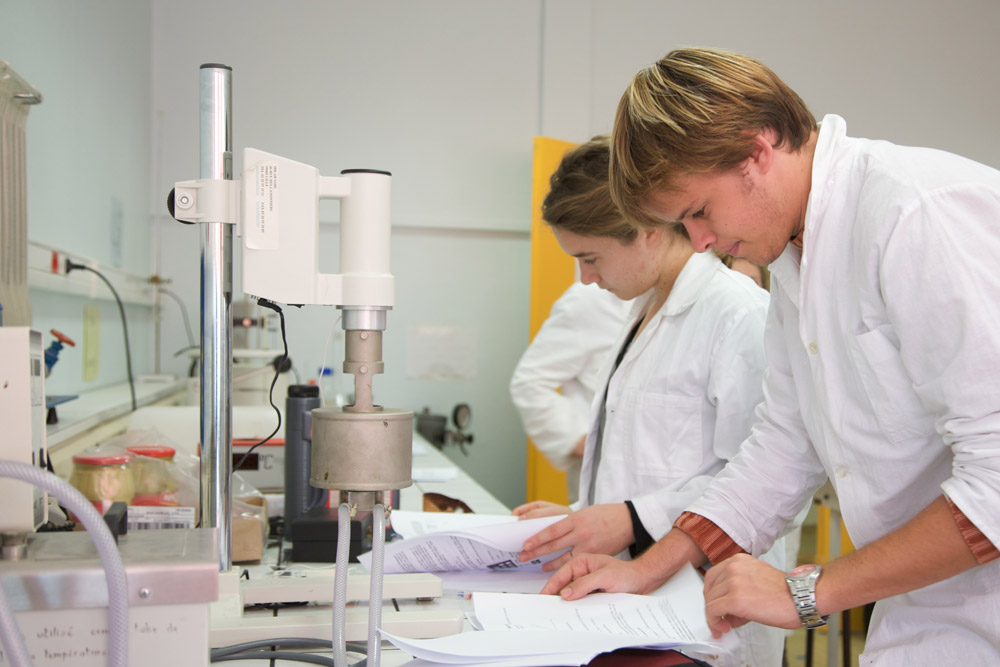
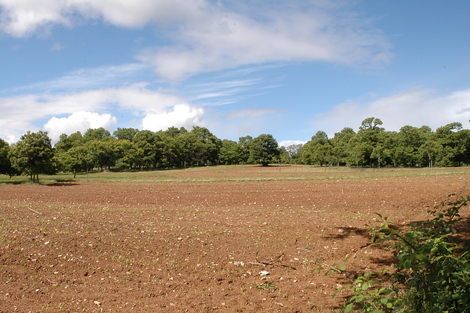
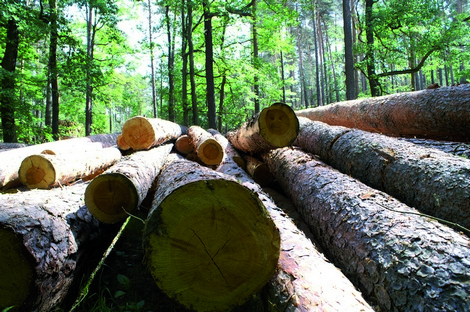
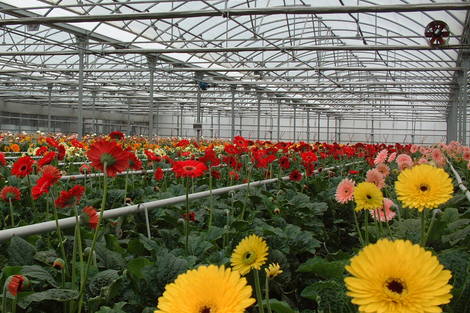
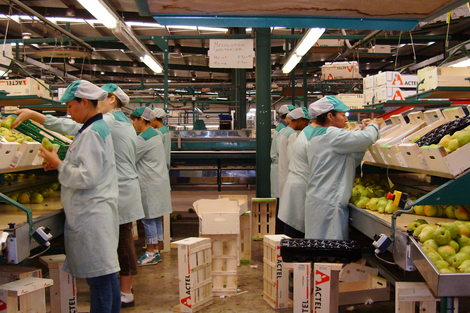
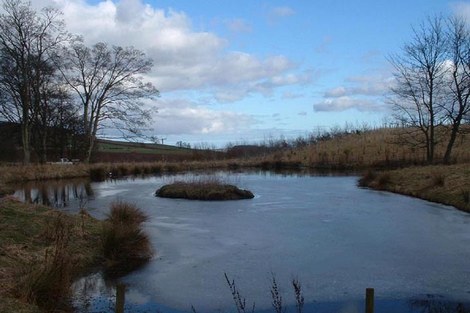
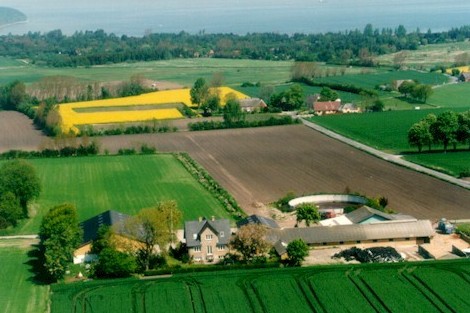
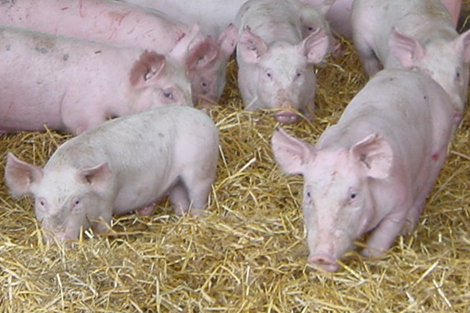
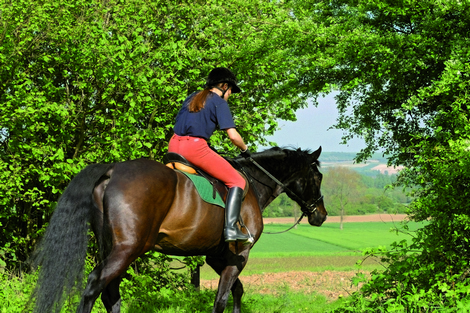

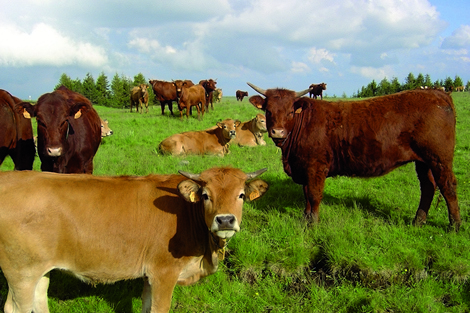
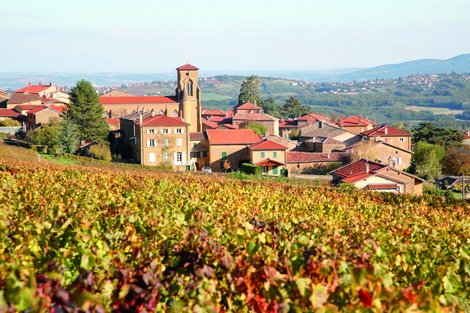
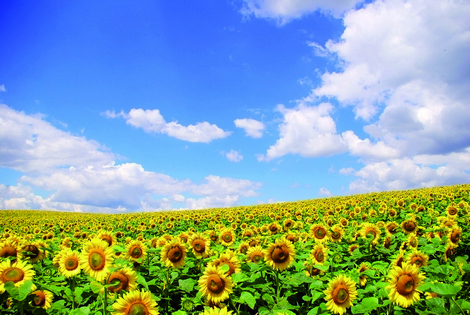
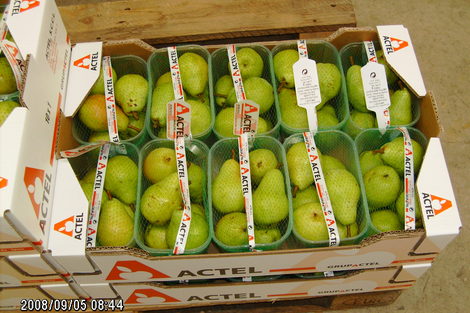
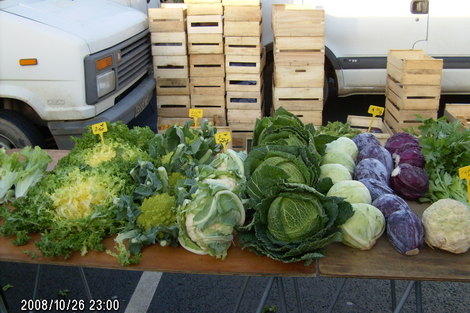
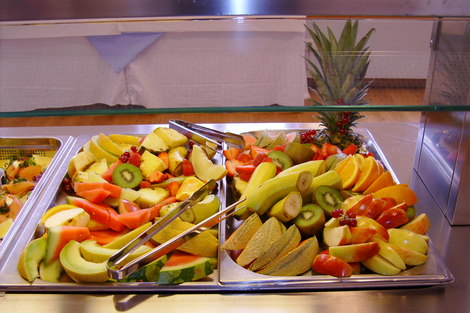
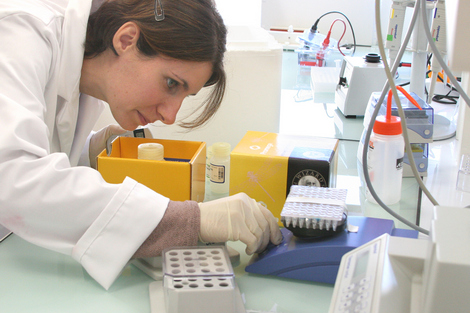
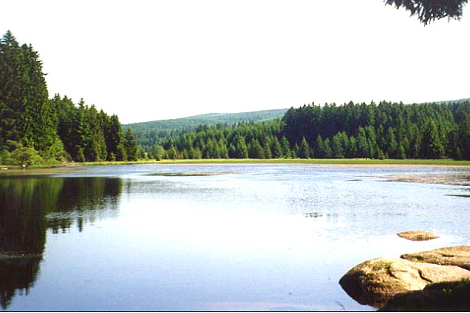








relating to the circular bioeconomy, the sustainable use of natural resources, the protection of the environment and rural development.
We aim to enhance our members' success in education, research and innovation for a sustainable bioeconomy and society, by engaging with European and global institutions and networks, to share experience, cooperate in new ventures, and benefit from the resulting synergy.


























 The I.S.L.E - Association for Innovation, Teaching and Promoting Sustainable Development in Life Sciences, Applied Sciences and Social Sciences in Europe and worldwide was founded in June 2012.
The I.S.L.E - Association for Innovation, Teaching and Promoting Sustainable Development in Life Sciences, Applied Sciences and Social Sciences in Europe and worldwide was founded in June 2012.
Tthe aims of the I.S.L.E Association are to create and maintain a network of European universities and non-European research institutions, Non-Governmental Organizations, businesses, other organizations or individuals involved in the implementation of sustainable development and its promotion in their activities.
The I.S.L.E Association will achieve these aims by:
The I.S.L.E Association Administrative Board, of 5 to 7 people, makes the major decisions concerning the activities of the Association. The Board appoints the I.S.L.E Association Committee (4 members of the 5/7 Admin Board) which is responsible for implementing decisions of the Board. In addition to the Committee members, (see below), the Board comprises administrators who may occupy specific "delegate" functions such as:
For more infomation contact
Corinne Stewart
Léognan, France
The ISEKI Food Association (IFA) is an independent European non-profit organisation, established in 2005 by university institutions, research institutes, companies and associations related to food, coming from all over the world. IFA is registered under Austrian law as ZVR 541528038.
The main objectives of IFA are:
Establishment and maintenance of a network between universities, research institutions and companies in the food chain by
Working towards the quality assurance of food studies by
The main activities of IFA are:
For further infomation contact:
The ICA Council held its first meeting in 2009 with the purpose to act as a forum for dialogue between all parties under the ICA umbrella - the ICA Standing Committees, ICA Board, and the IAAS (International Association of Students in Agricultural and Related Sciences) and IFSA (Intrenational Forestry Student Association). At present the ICA Council meets once per year at the time of the ICA General Assembly when there is already the established opportunity for the Standing Committees to inform the General Assembly of their activities and plans.
At the Council meeting it is envisaged that the topics for discussion could include
It is anticipated that the Council will have an advisory role for the ICA Board in assisting the Board in developing its future plans to meet the expectations of our members, and it will also facilitate networking between the ICA and the Standing Committees and, equally important, between the Standing Committees themselves.
The CASEE Network was founded in 2010 upon the initiative of the University of Natural Resources and Life Sciences, Vienna, and involves Life Science Universities in Bulgaria, the CzechRepublic, Croatia, Hungary, Poland, Romania, Slovenia, Slovakia, Serbia, Ukraine and Austria.
The aims of the network are:
to support the development (and later implementation) of the EU Strategy for the Danube region
Overview on CASEE activities:
Lukáš Pospíšil
CASEE General Secretary
Head of International Relations Office
Czech University of Life Sciences Prague
Kamycka 129,
165 00 Praha Suchdol
Czech Republic
e-mail:
phone: +420 224 382 275
http://ica-casee.eu/

The traditional field of agricultural engineering is now evolving to biosystems engineering, which is a science-based engineering discipline that integrates engineering science and design with the applied biological, environmental and agricultural sciences. Thus broadening the application of engineering sciences from the agricultural sciences to the biological sciences in general.
In response to this development, ERABΕE-TN (the Thematic Network for Education and Research in Biosystems Engineering in Europe) was established. ERABEE-TN was co-financed by the European Community in the framework of the Life Long Learning Programme. ERABEE was a follow-up of the University Studies of Agricultural Engineering in Europe Thematic Network (USAEE-TN). ERABEE-TN was funded for three years (October 1st, 2007 to September 30th, 2010). The partnership consisted of 35 participants from 27 Erasmus countries, of which 33 come from the European Higher Education Area institutions and two were student associations.
The transition from the traditional field of agricultural engineering to the emerging field of biosystems engineering will directly affect the programmes of study as a result of redefining the student learning outcomes and desired competences. The project promoted the development of new biosystems engineering programs of studies in Europe to catch up with the corresponding developments already at an advanced stage in the USA and Canada. The revised curriculum will directly and indirectly support industry seeking specialised experts to provide high level knowledge in the broader area of biosystems engineering.
The major achievements of ERABEE are:
More information:
Prof. Demetres Briassoulis
Agricultural University of Athens
Agricultural Engineering Department
Lab. of Farm Structures
75, IERA ODOS Str.
11855 ATHENS
Greece
tel +30.210.5294011
The SILVA Network has developed significantly since its foundation in 1989. From seven founding members, it now has over 40 member forestry faculties.
The primary objective of the SILVA Network is to stimulate and facilitate educational co-operation in the field of forestry in Europe.
The objectives will be realised at four levels:
The SILVA network holds an annual meeting and participates in projects.
More information:
Prof. Norbert Weber
SILVA President
Department of Forest Sciences
Institute of Forest Economics and Forest Management Planning
Technische Universität Dresden
801062 Dresden
Germany
email: